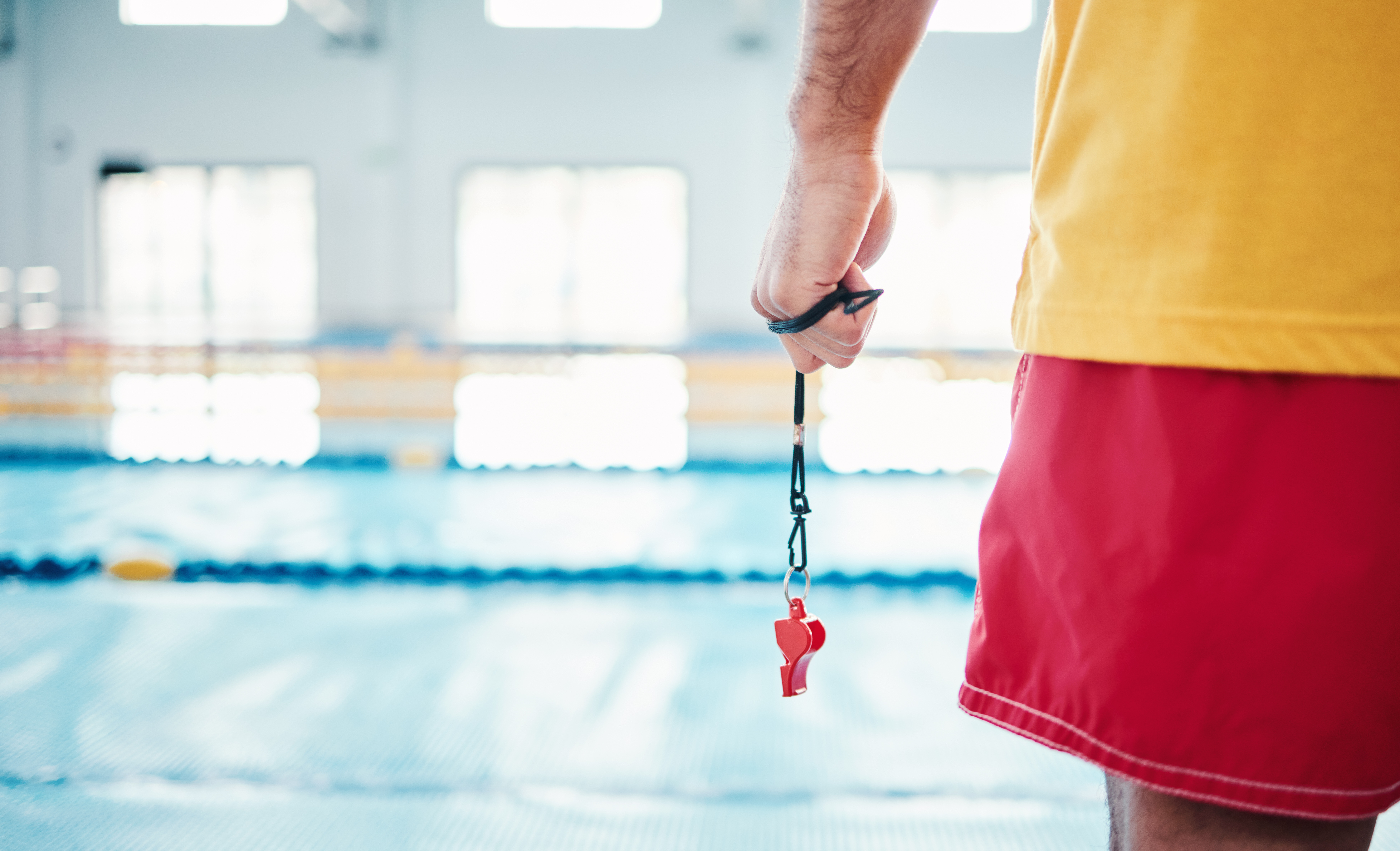Before I entered the world of health and safety I had a professional background in water safety – so for my first hub article I thought I would combine the two worlds and look at the management of health and safety for swimming pool in the UK – additionally, pool safety does from time to time come under our remit as consultants e.g., when dealing with schools and sports venues etc.
Although swimming pools are safer places to swim than open water, deaths still occur. Each year there are approximately 10 deaths by drowning in pools. While each one is, of course, an individual tragedy it is important to consider this in the context of the fact that there are an estimated 350 million visits to swimming pools in the UK each year.
Legal Requirements
The overall responsibility for the management of health and safety in swimming pools lies with the pool operator. There are no swimming pool specific health and safety laws. However, swimming pool operators must comply with their general duties under the Health and Safety at Work etc Act 1974 and the associated regulations.
- The Health and Safety at Work etc. Act 1974 places duties on employers to protect their employees and anyone affected by their business (e.g., visitors, customers)
- The Management of Health and Safety at Work Regulations 1999 requires that the pool operator must carry out a risk assessment for their pool.
- The Workplace (Health Safety and Welfare) Regulations 1992 also apply to swimming pool operators, and cover all welfare issues, for both employees and also for those using the premises, including the public.
- The Provision and Use of Work Equipment Regulations 1998 applies in respect of duties placed on pool operators in relation to work equipment—its safety, suitability, use and its maintenance.
- The Control of Substances Hazardous to Health Regulations 2002 have particular relevance for pool operators. Pool operators must carry out a COSHH assessment and this will be relevant in terms of the chemicals used in the swimming pool environment for processes such as disinfection and chemical treatment of the swimming pool water.
Pool Safety Operating Procedures
The swimming pool operator should prepare a written Pool Safe Operating Procedure (PSOP). The PSOP comprises all operating procedures covering the swimming pool, the changing facilities and the associated swimming pool plant and equipment. The plan must also include emergency arrangements and staff must be aware of the different elements of the Plan and instructed and trained accordingly.
Swimming Pool Plant Room and Equipment
The swimming pool plant room is where the disinfection and control of the pool takes place and as such it is important that access to this area is restricted and inaccessible members of the public or other unauthorised persons. All plant equipment should be maintained as specified in the designer or manufacturer’s instructions and appropriate service records kept.
The Swimming Pool Environment
Effective design of a swimming pool is crucial to its successful operation and the design of the pool
and materials used should be chosen to facilitate the safe use and supervision of the pool itself and
the ancillary areas, including the showers and changing areas. There are several British Standards
documents which provide detailed information on the specification for the design of various different aspects of swimming pools and related equipment and features.
Swimming Pool Operation
Swimming pools will vary in terms of their supervision requirements, and the level of supervision required for each pool should be identified through a suitable and sufficient risk assessment taking account of the design of the facilities and the people who are likely to use the pool, paying attention to any high-risk user groups.
Swimming Pool Cleaning and Disinfection
Swimming pools require cleaning and disinfection for them to be pleasant and safe environments for bathers. It is usual for a swimming pool to engage two elements in this regard—filtration (to remove obvious, and non-obvious contamination) and also disinfection—a treatment or addition of a substance to the water which, at the correct concentration, will remove the risk of infection from the water.
Faecal Fouling / Cryptosporidium
Lets face it, faecal fouling is a significant risk for swimming pools, especially those used by young children and babies. The swimming pool operator should have a procedure in place for dealing with this and all staff should be aware of the procedure to be followed in the event of faecal contamination of the pool.
In conclusion
Swimming is an important skill. It provides the means for many thousands of adults and children to participate in a healthy and enjoyable exercise. Whilst we are aware of the risks involved the number of fatal incidents in pools is mercifully small compared to the overall use of swimming pools in the UK.
I hope you have found this article interesting and that it has been re-assuring to highlight the comprehensive and wide-ranging health and safety requirements that are in place for the management of swimming pools in the UK.


